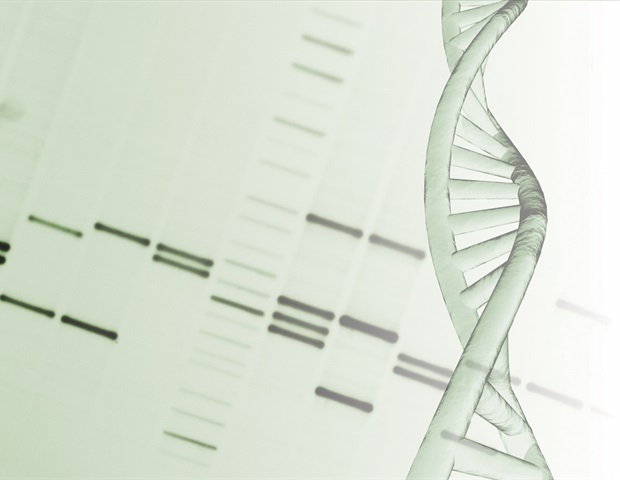Introduction to Nucleosomes
Every cell in our body contains approximately two meters of DNA compacted into an incredibly small space. This remarkable feat occurs within a volume of just a few hundred cubic micrometers, which is about a millionth of a milliliter. To achieve this, cells cleverly wind DNA around protein spools, forming structures known as nucleosomes. These protein-DNA complexes play a crucial role in the efficient storage of genetic material.

Nucleosomes not only protect DNA but also help regulate its accessibility. By wrapping around proteins, they create a compact structure that safeguards our genetic information. This organization is essential for various cellular processes, including gene expression and DNA replication. Understanding the function of nucleosomes enhances our knowledge of cellular efficiency and the intricacies of genetic regulation.
















